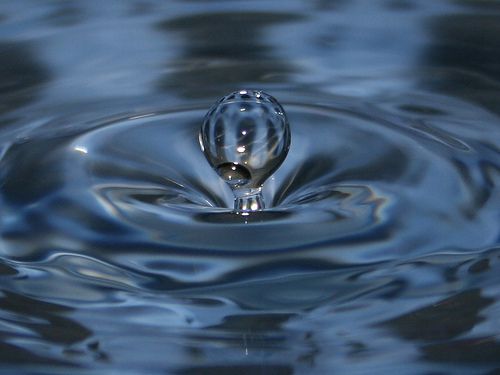-
 Web-footed bird
Web-footed bird
-
 Parenchyma
Parenchyma
-
 Tracheostomy
Tracheostomy
-
 Antineoplastic
Antineoplastic
-
 OPEC
OPEC
-
 Opiate antitussive
Opiate antitussive
-
 Gradualism
Gradualism
-
 Pulmonary disease
Pulmonary disease
-
 Erenna
Erenna
-
 Bile acid chelator
Bile acid chelator
-
 Ventricular fibrillation
Ventricular fibrillation
-
 Phoenicopteriformes
Phoenicopteriformes
-
 Synchrotron radiation
Synchrotron radiation
-
 Pedicellariae
Pedicellariae
-
 Leucine
Leucine
-
 Missing link
Missing link
-
 Augmented reality
Augmented reality
-
 Sea ice - First year thin
Sea ice - First year thin
-
 Phytoremediation
Phytoremediation
-
 Laminin
Laminin
-
 Mumps
Mumps
-
 Keplerian orbit
Keplerian orbit
-
 Partition wall
Partition wall
-
 Bartholin glands
Bartholin glands
-
 Bridge
Bridge
-
 Interferometer
Interferometer
-
 Indicator species
Indicator species
-
 Endocytosis
Endocytosis
-
 Hanbury Brown–Twiss effect
Hanbury Brown–Twiss effect
-
 Facet
Facet
Water
Water (aqua in Latin, which gives us the word aquatic, and hydros in Greek, which gives us the words hydraulic and hydrology) is an element present in liquid form under standard conditions (ambient temperature and pressure), composed in its pure form of molecules that associate two hydrogen atoms with one oxygen atom in the form of H2O.
Water, in its liquid form, is essential for living organisms, both for its mechanical characteristics and its chemical properties. Consequently, living beings may be composed of up to 97% water.
From a mechanical point of view the pressure exerted by water, called hydrostatic pressure, is used by organisms for mechanical support, whether in water (jellyfish...) or on land (plants).
From a chemical point of view water dissolves the majority of solid bodies and thus facilitates chemical reactions, and therefore the metabolism. Water is in fact an essential solvent, sometimes called the " universal solvent ".
In addition, the permanent presence of liquid water is what defines a circumstellar habitable zone, in which it is possible to discover extraterrestrial life forms comparable to life forms we already know.

Click to enlarge. A circumstellar zone with a permanent presence of liquid water is called a habitable zone. © Lithium57 CC by-sa
Note that the volume weight of ice (solid form) is lower than the volume weight of water, unlike many other bodies. This is why icebergs float.
 Water, in the form essential for life: liquid. ©
SnapR CC by
Water, in the form essential for life: liquid. ©
SnapR CC by
Latest
Fill out my online form.



